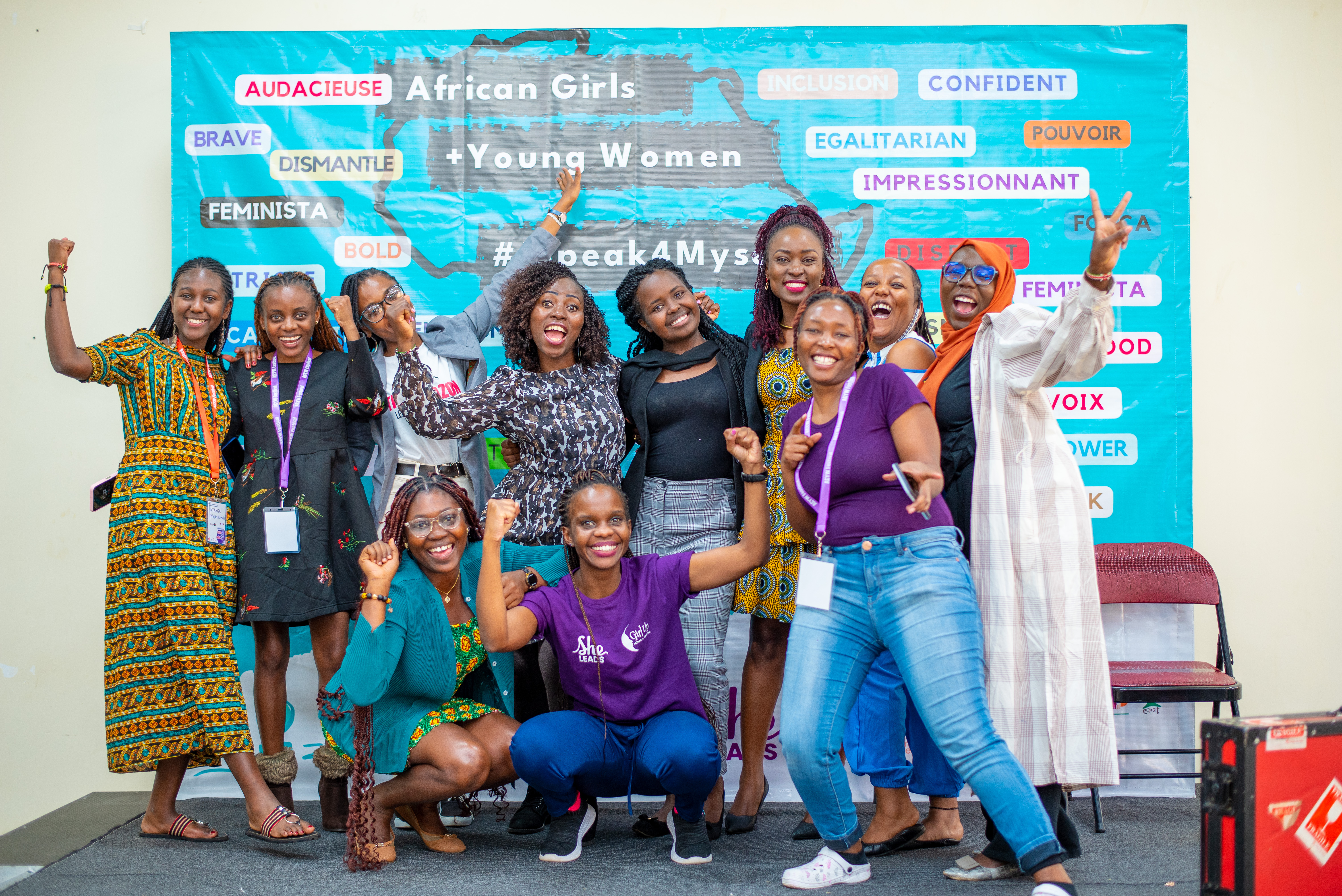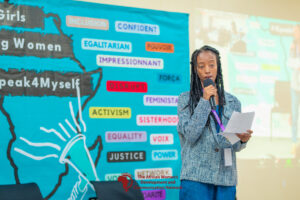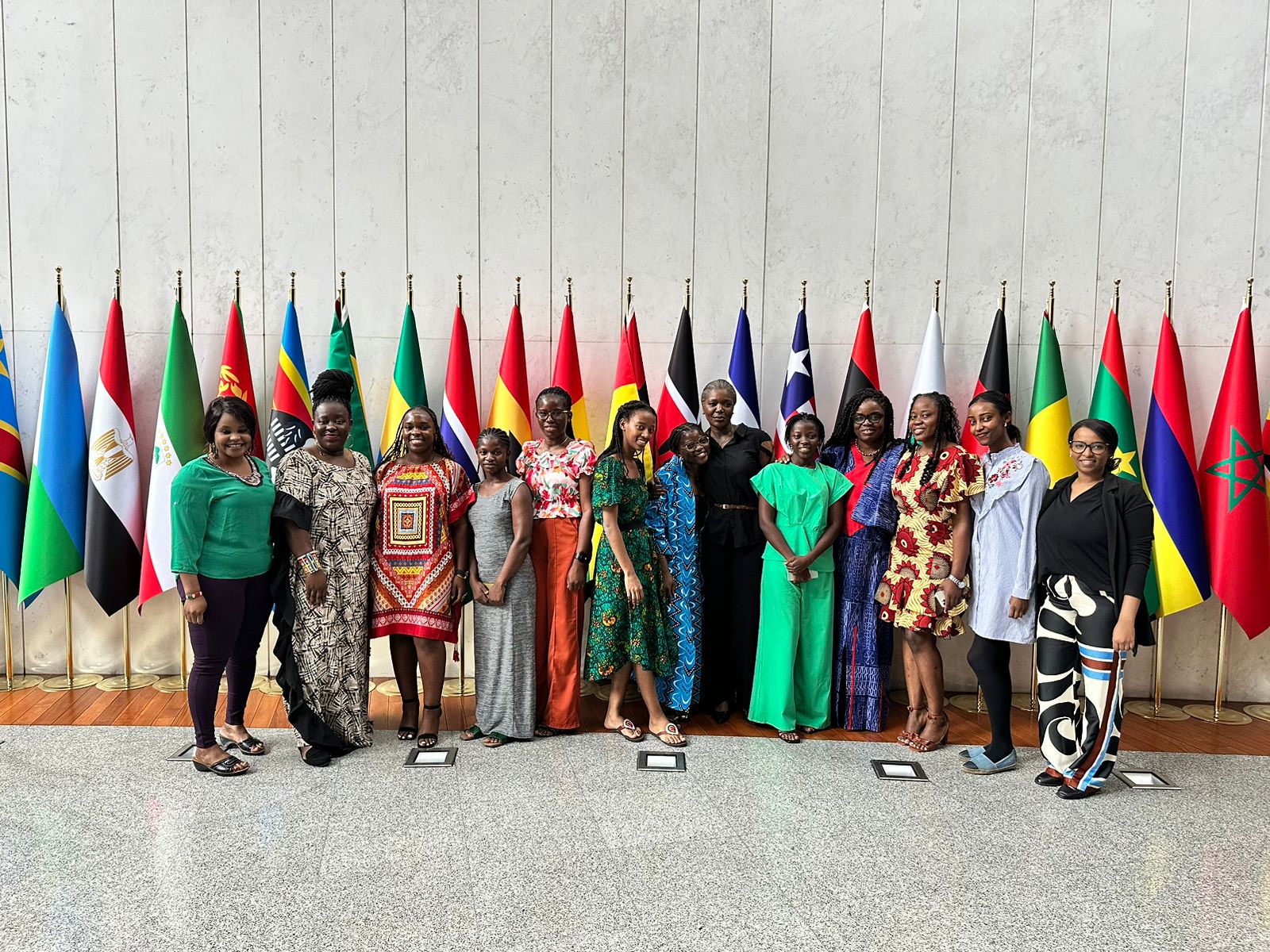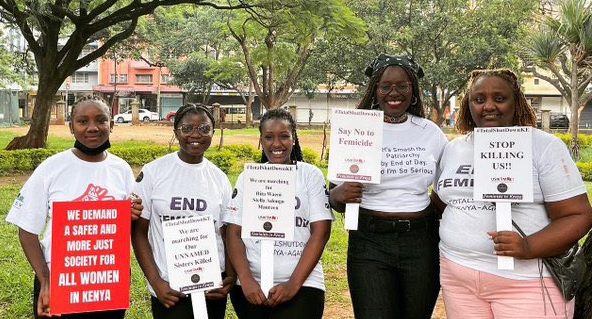
African Girls and Young Women Commemorate the 20th Anniversary of the Maputo Protocol
Today marks 20 years since the African governments adopted the Maputo Protocol to the African Charter on Human and Peoples’ Rights on the Rights of Women. The Protocol prohibits harmful practices, including female genital mutilation, and advocates the protection of women’s rights.
This notwithstanding, its full domestication and implementation is yet to be realized because Burundi, the Central African Republic, Chad, Eritrea, Madagascar, Niger, the Sahrawi Arab Democratic Republic, Somalia, South Sudan, and Sudan have signed but not yet ratified the protocol.
African girls and young women from Ethiopia, Democratic Republic of Congo, Gambia, Ghana, Mali, Niger, Nigeria, Mauritius, Kenya, Sierra Leone, South Sudan, Tanzania and Uganda met in Nairobi to deliberate on the Maputo Protocol.
Speaking at the inaugural day of the festival, Janet Ramatoulie Sallah-Njie, the African Union Special Rapporteur on the Right of women in Africa said, “The future of African girls and young women is now, and we should not wait because their time for inclusion in policy has already passed,”
Sallah-Njie pointed out that proactive collaboration from African girls and young women is quintessential because the Maputo Protocol was designed with them in mind.
Hawanatu Mansaray, Program Manager at Defence for Children Sierra Leone, said “In the years to come we hope that young women will also lead,”
Mansaray stated that women need to own the leadership space, otherwise their views and perceptions may not be inculcated in the development processes.

Additionally, Felicity Fekele, a young #SheLeads champion from the Yellow Movement in Ethiopia said, “To claim our rights, we must first know our rights!”
Fekele insisted that girls and young women are not mere statistics and should not be used to quantify figures in reports.
“We must therefore make sure that we are aware of the policies, review the gaps and not shy away from speaking up!” lauded Fekele
In concert to this, Bina Maseno, a renown political figure and renown Gender, Governance and Development Specialist, said, “The Maputo Protocol is not just a document it’s a vital policy that opened up a space for women in Africa to be included in the development space!”
Maseno insisted that the girls and young women are responsible for making the provisions of the Maputo protocol a reality. She also called on heads of the African States to make good their promise and fully ratify and domesticate the Maputo protocol
There were numerous sentiments from the African girls and young women, and they can be retrieved here. Additionally, views on the ongoing festival are encapsulated in the #ISpeak4Myself hashtag.
This article was written and compiled by Imali Ngusale: i.ngusale@femnet.or.ke .. For more information on how FEMNET collaborates with Girls and Young women via the She Leads project and #ISpeak4Myself campaign email Esther Nyawira via e.nyawira@femnet.or.ke
Related Tags
Related Posts
African Girls and Young Women Demand Action on International Women’s Day
This International Women’s Day, a roar echoes across the halls African Union headquarters in Addis Ababa. It’s not
Learn MoreEnd Femicide NOW! African Girls & Young Women Voices Demand for Justice
A wave of youthful defiance washed over Kenya’s streets today, as girls and young women, demanded justice in
Learn More

